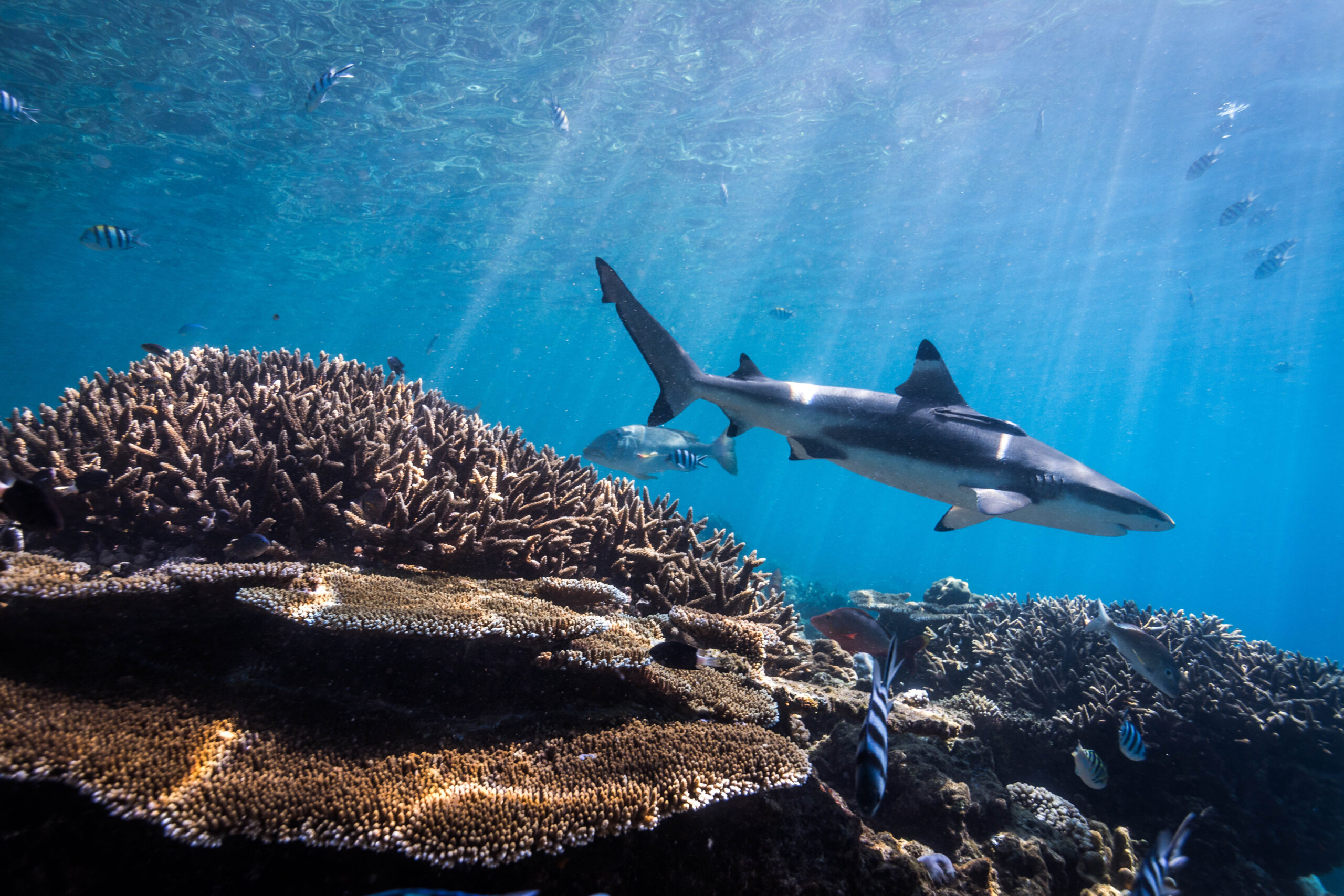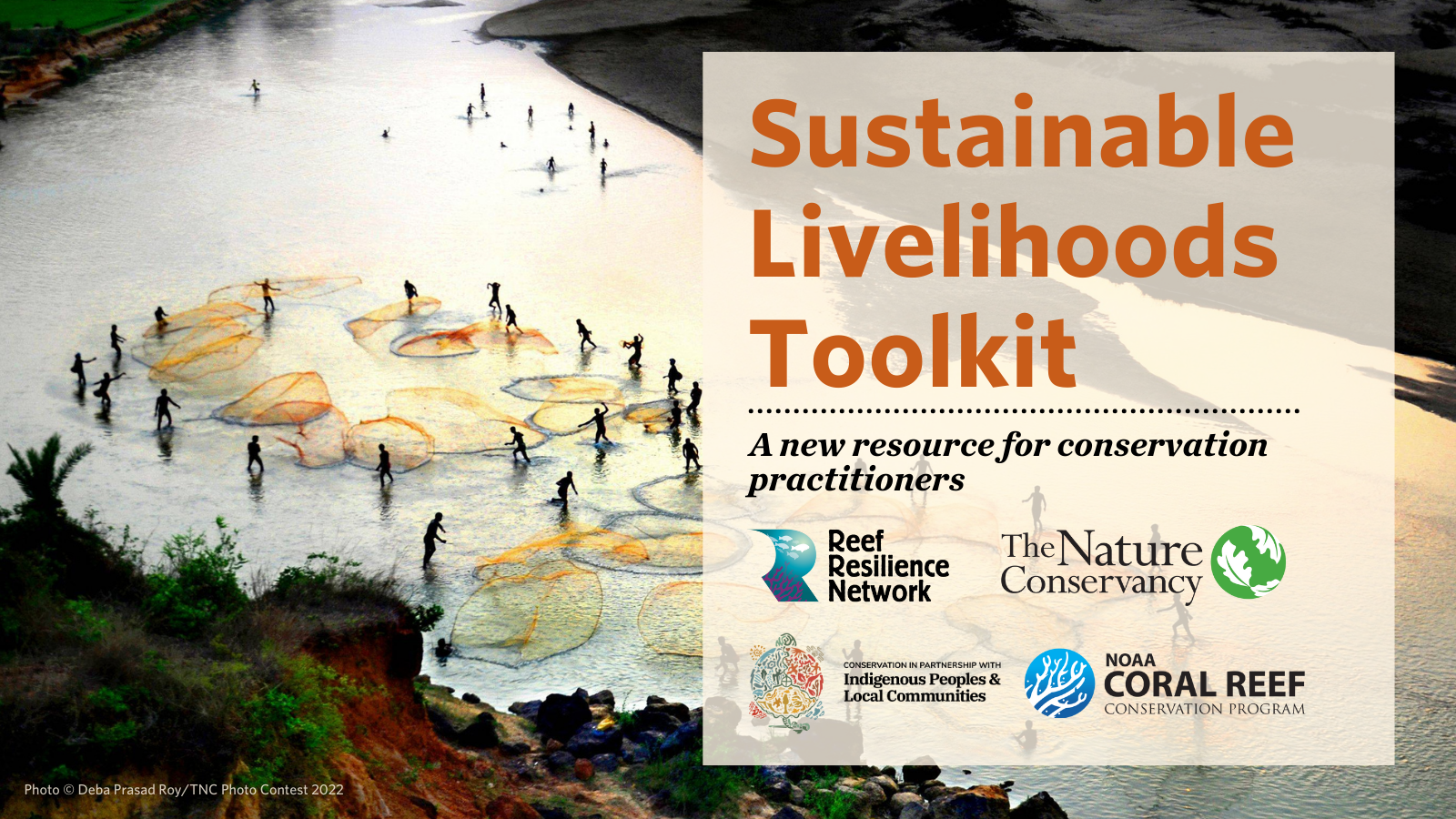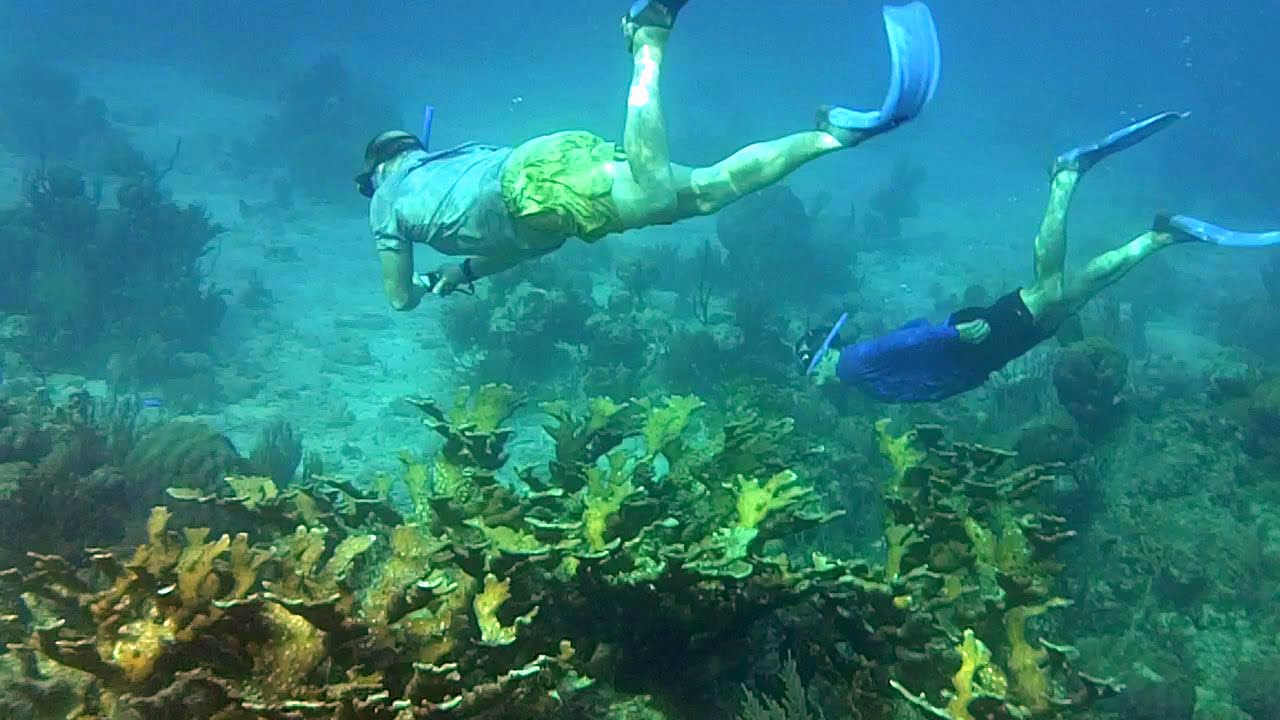
by reefres | May 4, 2015 | News
The Nature Conservancy has partnered with Cuban conservation agencies for more than 20 years, providing trainings such as protected area management and planning, GPS and GIS, coral reef monitoring, climate adaptation, and sustainable tourism that otherwise would not be available.
by reefres | Jan 16, 2015 | News
Check out our interactive online community to connect and share with other coral reef managers and practitioners from around the world about marine management.

by reefres | Nov 21, 2014 | News
Check out the six new modules on stressors affecting coral reefs, guidance for identifying coral reef resilience indicators, design principles for resilient MPA networks, methods for implementing resilience assessments, and important communication tools for managers.

by reefres | Oct 7, 2014 | News
The Bahamas has taken the lead to address the lionfish invasion, creating a Lionfish Taskforce to document, collect, and remove lionfish from Bahamian waters. The Taskforce includes representatives from government agencies and local NGOs. Preliminary results from a pilot project to remove lionfish in the Bahamas suggest that invasive species can be effectively managed through public-private sector partnerships with substantial benefits for biodiversity and local economies.
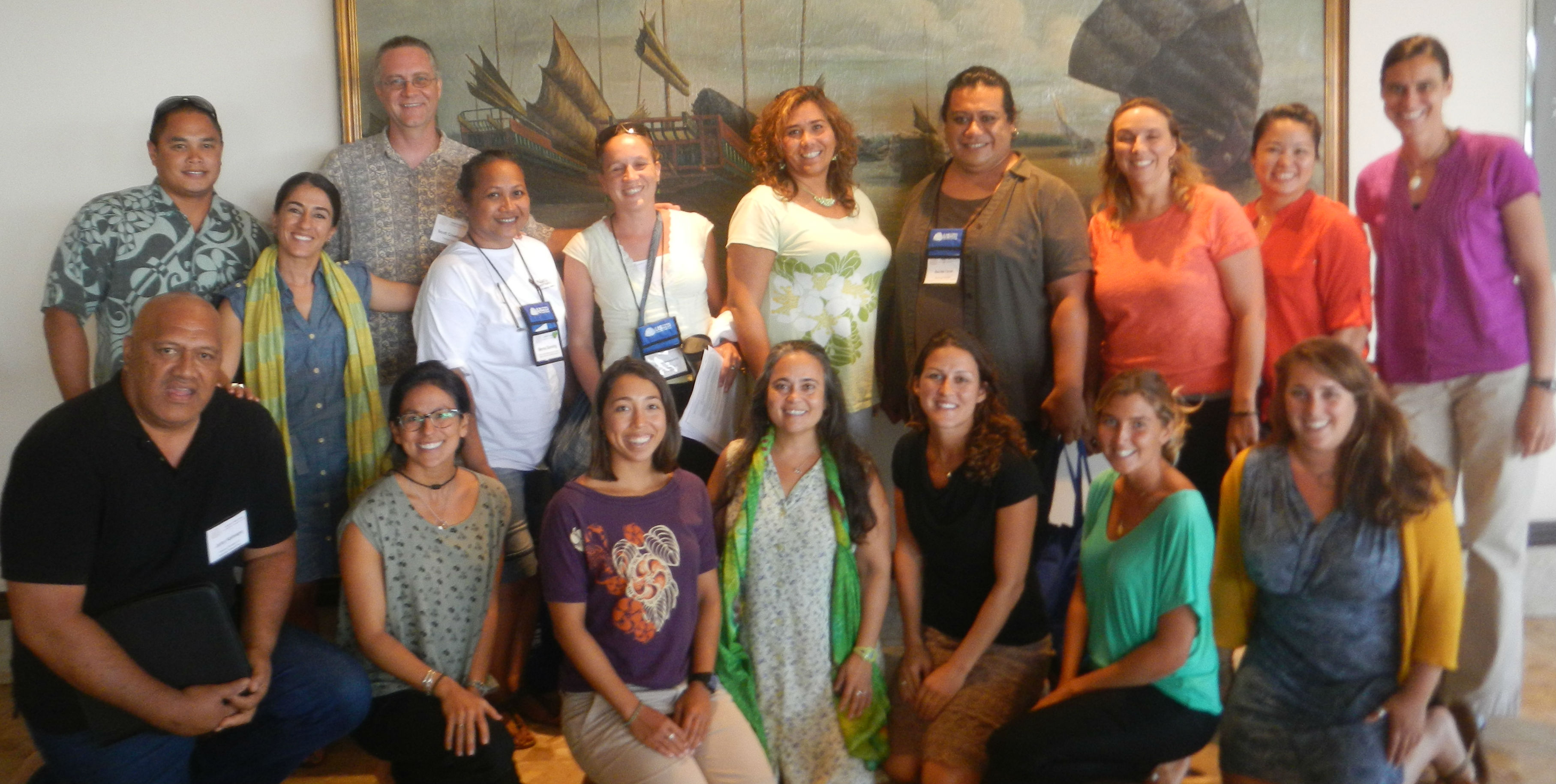
by reefres | Oct 6, 2014 | News
From September 9-11, 2014, fourteen practitioners from Hawaii, American Samoa, Guam, the Commonwealth of the Mariana Islands, and Yap participated in a Strategic Communications Learning Exchange in Maui, Hawaii.

by reefres | Oct 1, 2014 | News
This new handbook provides tools, information, and management recommendations for coral reef managers highlighting the latest scientific research on reefs and resilience to inform management actions.
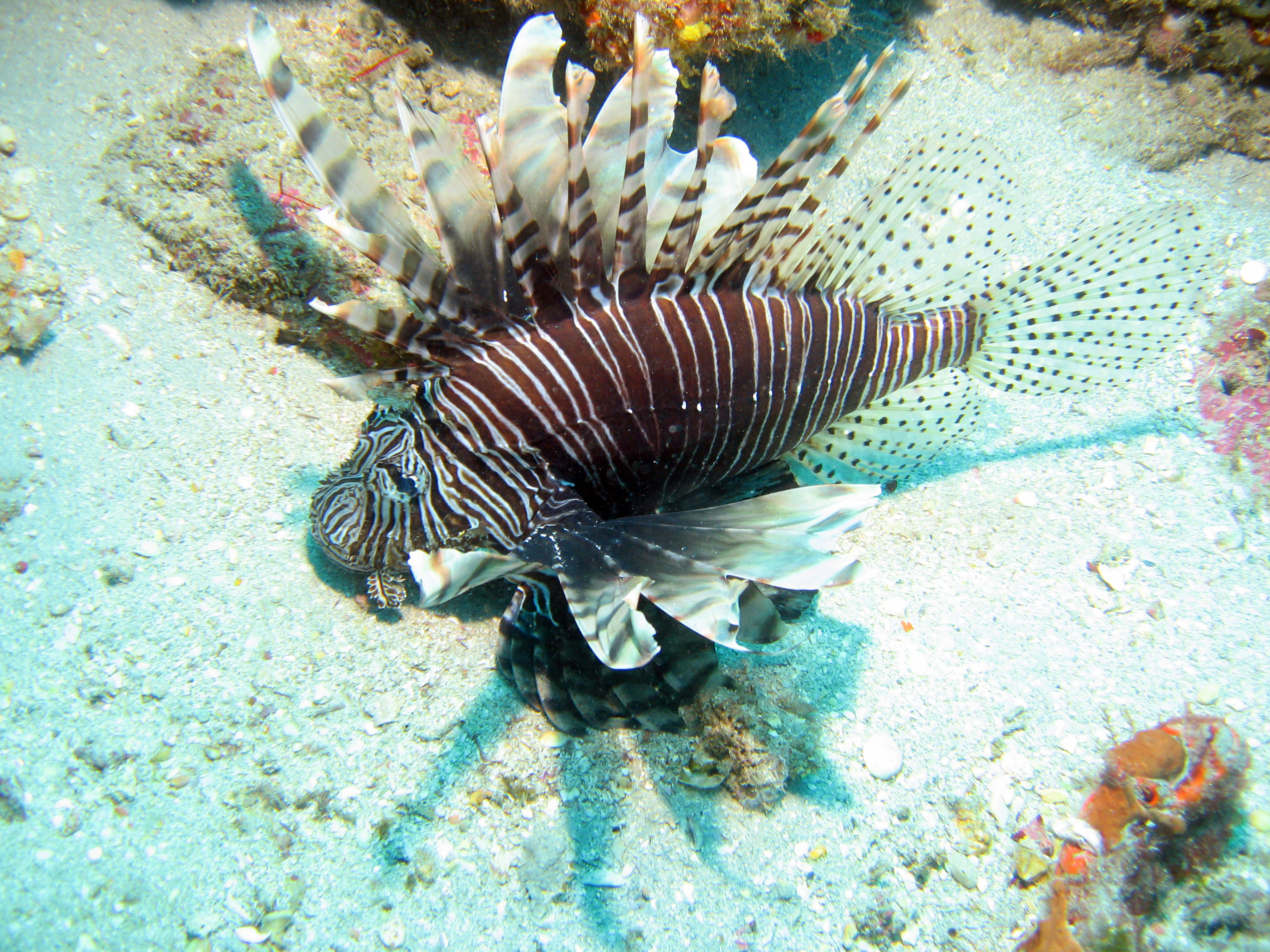
by reefres | Sep 29, 2014 | News
Read about a few new resources and articles for coral reef managers: New handbook for Caribbean coral reef managers New Coral Reef Watch products Lionfish hunters New comprehensive online database of MPAs in the Philippines Reef resilience in French...

by reefres | Sep 22, 2014 | News
Can social marketing campaigns affect fisheries in Madagascar? Yes, they can, by using messages on the radio, banners, posters, t-shirts, and festivals to change a communities’ way of thinking about fisheries management issues.
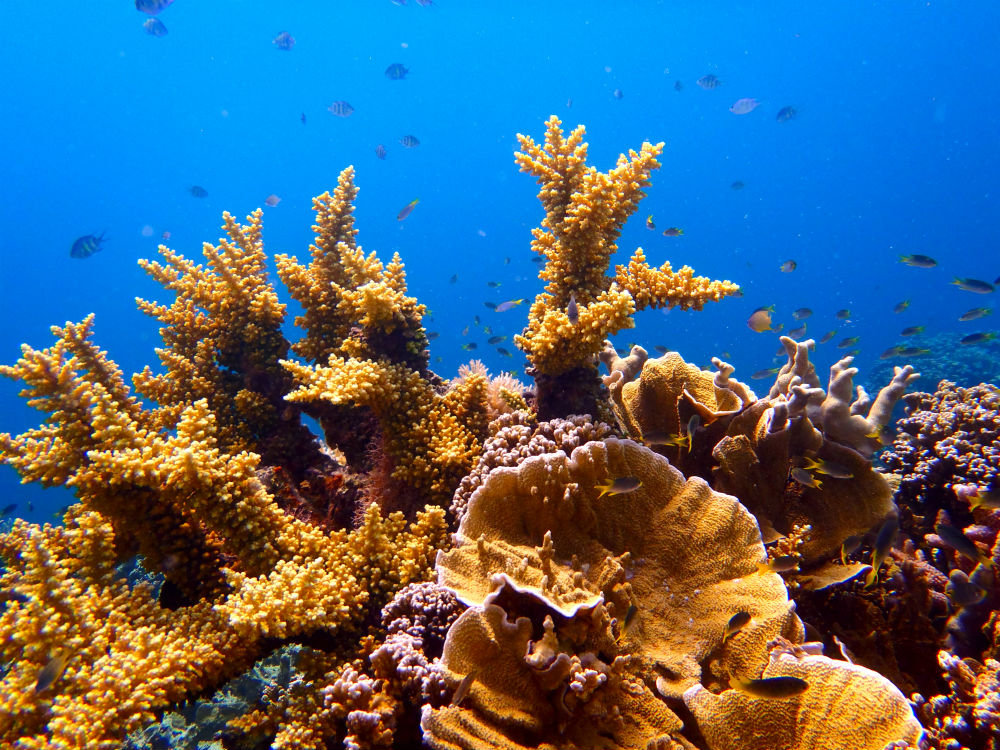
by reefres | Aug 4, 2014 | News
A group of researchers found that intact coral reefs reduce wave energy by 97% and wave height by 84%. The study, published recently in the journal Nature Communications found that the risk reduction provided by reefs is relevant to some 200 million people worldwide.
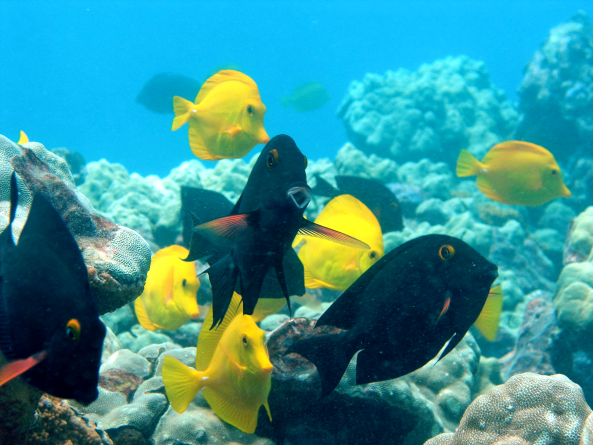
by reefres | Jul 23, 2014 | News
Herbivore protection and strong community support: will this be enough to increase fish biomass, decrease algal blooms, and enhance reef resilience?

by reefres | May 15, 2014 | News
From March 10-14, 2014, thirty managers (four from the Caribbean and twenty-six from Guam) participated in the Adapting to Changing Climate Workshop held in Tumon, Guam.
by reefres | Apr 28, 2014 | News
Dr. Graham Edgar and his 24 co-authors recently stirred up the marine conservation world with their article, “Global conservation outcomes depend on marine protected areas five key features”. In this article, they review 87 MPAs at 964 sites (in 40 countries) around the world using data generated by the authors and trained recreational divers.
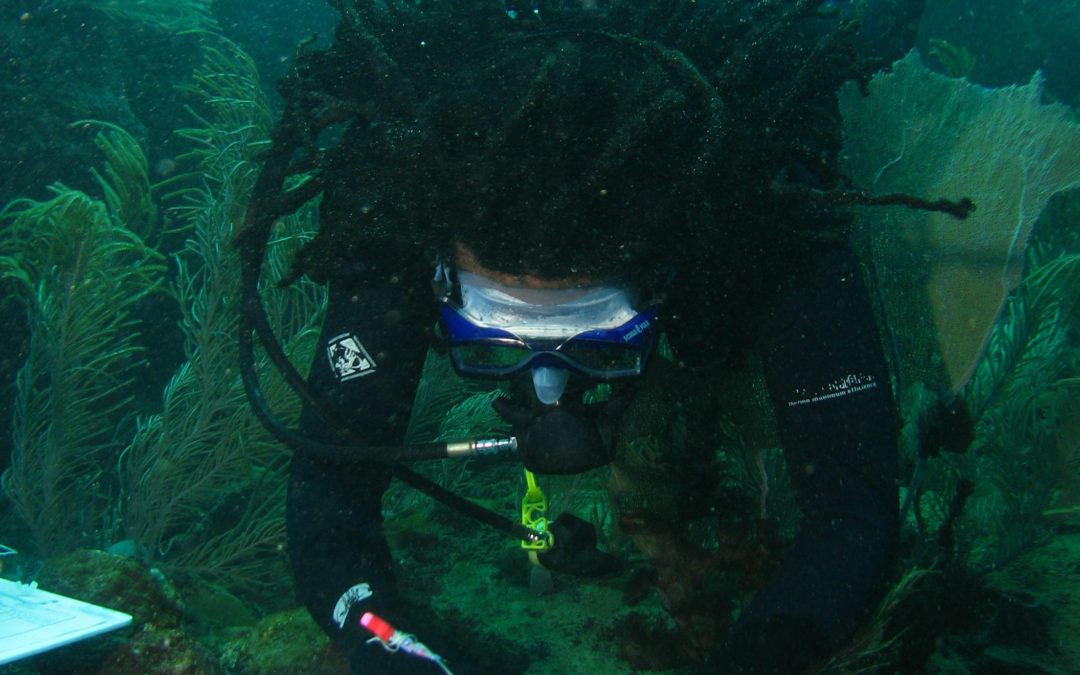
by reefres | Apr 18, 2014 | News
Jahson Berhane Alemu I (a participant in our 2010 Training of Trainers Workshop) and co-author Ysharda Clement recently published the paper “Mass Coral Bleaching in 2012 in the Southern Caribbean”. For 6 months, they monitored approximately 650 colonies (composed of 30 taxa) at three sites across Tobago during a bleaching event in 2010.
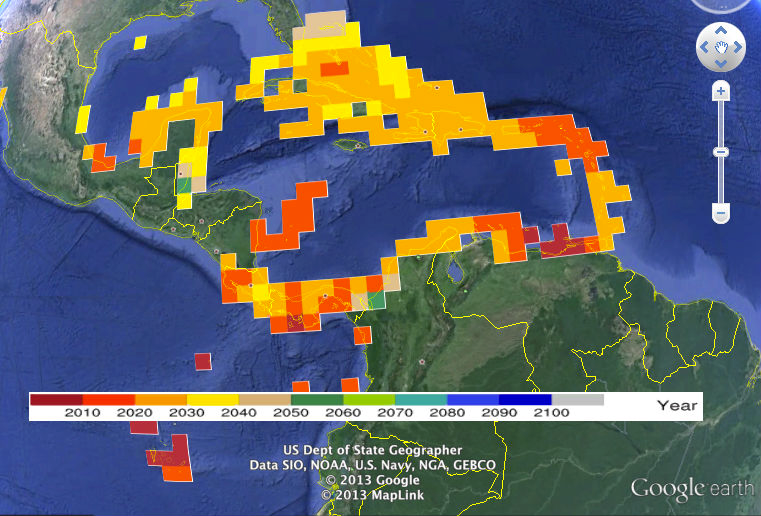
by reefres | Apr 11, 2014 | News
A new Google Earth tool contains the most recent projections of coral bleaching and ocean acidification for all coral reef areas.
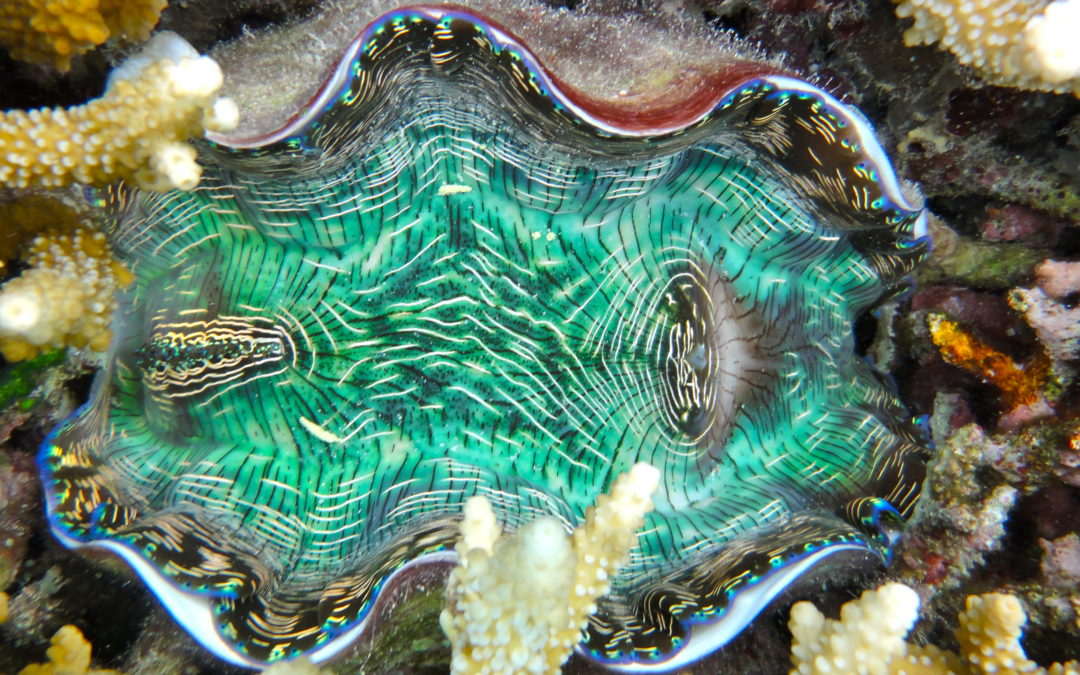
by reefres | Apr 11, 2014 | News
In “Preparing to manage coral reefs for ocean acidification: lessons from coral bleaching,” Dr. Elizabeth McLeod and her co-authors discuss how management strategies designed to address coral bleaching can be modified to address the impacts of ocean acidification.














